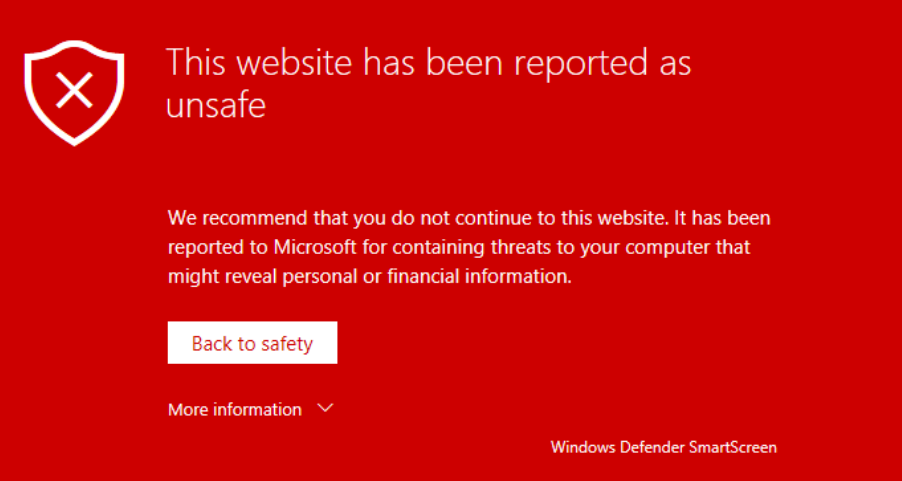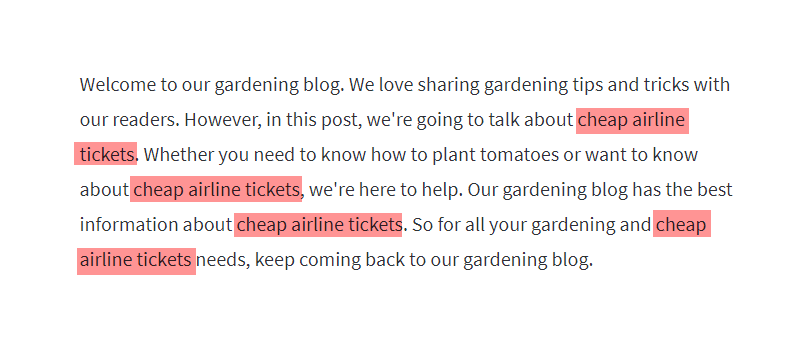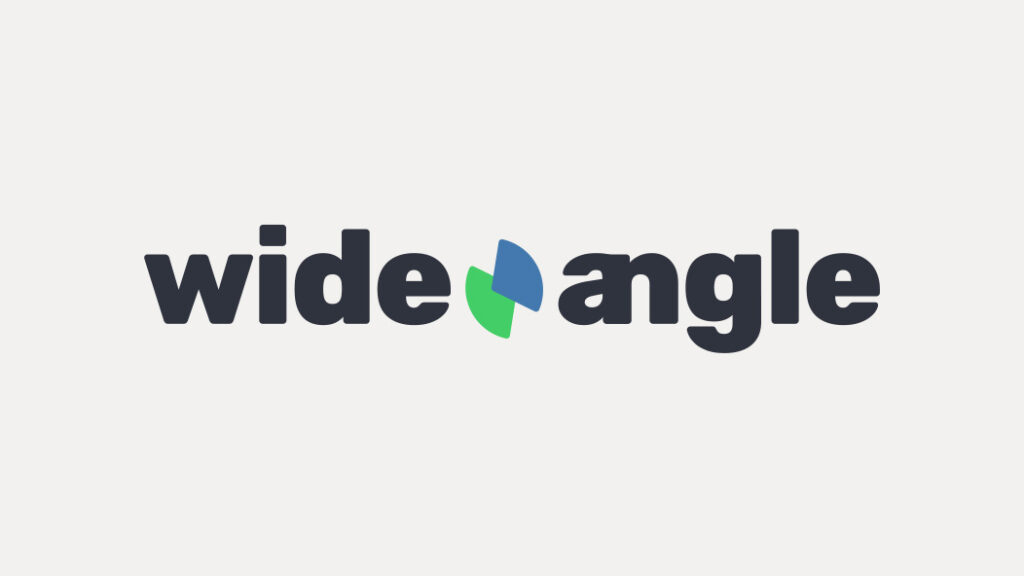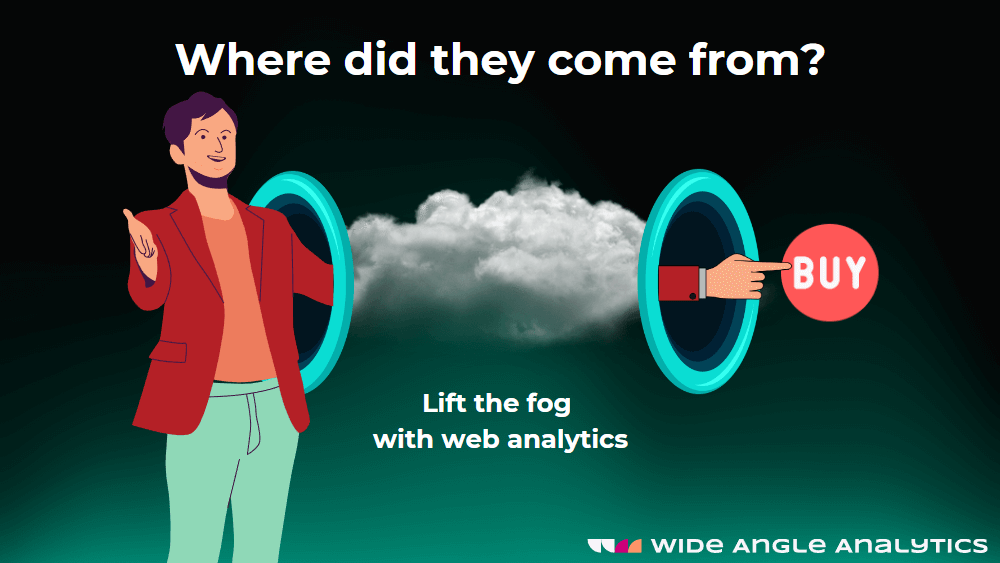If you were using the Internet in the late 2000s and early 2010s, you probably remember Experts Exchange. This infamous site would grab search engine attention by bubbling to the top result on very frequent, technical search terms. When you clicked on the result, you were asked to pay a membership fee to find the answer to the question you needed to find right away.
How come search engine, especially Google, saw the right content, and you got a paywall? That’s called cloaking. Presenting different content to a search engine crawler vs what is presented to an actual human. Even back then, this practice was considered dodgy and, in terms of Google, illegal.
Facing the spectrum of getting delisted from Google, Experts Exchange pulled another trick. The content was there, but you actually had to know to look for it. When you opened a promising search result, you got the same paywall information. However, if you were in the know, you would scroll down to the bottom of the long page (couple of screens) to find the same content, without any charge or membership. Pretty questionable practice. But it worked.
Luckily, shortly after Jeff Atwood coined Stack Overflow and developers and sysadmins Googling for answers were given a free, community-driven repository of questions and answers.
Cloaking is just one of many documented practices that can get you classified as a spam website. These practices will get you a very low ranking in Google search results at best, or you will get banned and taken off the Google search results list at worst.
Cloaking
As mentioned earlier, cloaking is a practice of showing different content to the human and different to the Google Bot which is crawling the website. Today, cloaking is more concerned with much more questionable practices than that illustrated by Experts Exchange. The pump and dump, drugs and other shammy stuff being thrown at people is replacing much more genuine stuff that’s presented to the search engine.
Funnily enough, today Google allows for paywalls and content-gating as long as Googlebot is allowed to read that content and the site follows a Flexible Sampling guidance. In a gist, Google allows of paywalled content to be discoverable in search result as long as free user get access to a certain number of articles or there is sufficient lead-in (first few paragraphs).
Hacked Content
A crafty malicious agent can exploit a vulnerability on your website, or your CMS engine to perform numerous attacks. These are, for example, code, page, or content injection attacks and even as far as creating malicious redirects. An infected website will be quickly abused by crypto scammers, questionable pharmaceuticals salesmen, or worse.
Getting your website or corporate blog infected is a sure-fire way of getting a poor search ranking and eventually getting delisted.
Not to mention other penalties, such as getting attention of Microsoft Defender SmartScreen or other major threat scanning solutions. If you get on the list, which is often shared and copied across vendors, you are likely to get no views as the browser will show big, threatening looking warning messages upon attempt to visit.

Keyword Stuffing
You stumbled on it yourself in the past, right? A website with seemingly legitimate content, but occasionally an odd phrase appears in the content. And again. And again.

Using keywords or numbers, repeated over and over, in an attempt to manipulate rankings in Google Search results is a feeble SEO trick. It’s easy to detect both.
Hidden text
Stuffing a website with content that not visible to the user, for instance tiny font, hidden CSS style, or shifted beyond the edge of the window is a yet another spam tactic that can adversely affect your ranking.
Compared to Cloaking and Keyword Stuffing, it might not be that obvious. In the past, bots crawling our website only saw text, the HTML tags and content in between. It wasn’t always easy to detect what was visible in the end users’ browser window.
But nowadays, Googlebot actually renders the page and executes JavaScript, so the visible vs hidden content, is much easier to be spotted.
Link Spam
Google takes a slightly high horse approach to your website content. In terms of Google Terms and Conditions, the paid for links are not allowed.
However, there are numerous legitimate cases when link stuffing and the way this practice manifests itself is correctly considered as spam.
These cases are:
- bulk or excessive link exchanges,
- forcing linking to a service as a form of payment for the service received,
- low-quality directory websites,
- using site generators that create links to a website or a service on large scale,
- etc.
If you engage in a practice of exchanging links, and you do it in a good faith, or simply want to avoid the risk of being de-ranked by Google, then adorn the link with a respective relationship tag. Using nofollow is often a safe bet.
Dodgy affiliate sites
Remember link farms of the past? Poor quality pages devoid of content and full of links. Years ago it was part of Link Spam tactic, today it also happens with affiliate programs.
Starting a partnership program is relatively easy, with numerous quality Affiliate platforms available on the market. But it also means that it is much easier to create loads of affiliate links and build these thin link farms.
Luckily, the ranking of these sites is often very low and as a normal user, you don’t face these frequently nowadays.
Not using Google Analytics
That one is actually a myth.
Google’s ranking algorithm is what makes Google. It is their special sauce. This secret formula, this opaque process, is the source of many myths.
One such myth is, that by not using Google Analytics on your website, you are leaving precious Google ranking points on the table for competitors to pick up.
We don’t have a crystal ball, nor do we have insider information. But community consensus is clear. There is no evidence that removing Google Analytics from your website affects your ranking.
Coincidentally, using fast and privacy-friendly web analytics such as Wide Angle Analytics can improve your ranking. The Wide Angle Analytics script is a featherweight 5.6 kB. It easily loads, on average, in under 20-50ms. Compare this to Google Analytics, which loads 20+ kB.
It is widely accepted that fast loading time and snappy website will eventually gain you high search result position.
So, no, removing Google Analytics from your website will not be a penalty. On the contrary.
User-Generated Spam
A human-based moderation and solid CAPTCHA system can literally save your business from disappearing from the Internet, and by that, we mean getting delisted from major search engines, like Google and Bing.
Having loads of spam, link infested comments in your blog is an all expenses paid trip to low Google ranking.
Plagiarized and Scrapped Content
Copying and scraping someone else’s content will affect your ranking rather fast. The difference between citing another blog post or embedding a quote and outright replicating some other website’s content is huge.
If you are republishing content with all due intent, set the right canonical link to the original website. Give credit where it is due.
Otherwise, by copying other people’s content, you’ll quickly get buried in the search results or just disappear completely.
Miscellaneous
Besides the examples listed above, there are other reason a website might be classified as spam and eventually delisted. For example, spreading malware, serving misleading and malicious functions or other forms of abuse.
Maybe soon, artificial intelligence-generated content will be frowned upon. ChatGPT can be a great ally in building content for your website, but when abused, it might get you in trouble.
Summary
Valuable content, published with genuine intention, even when judiciously sprinkled with links, will always remain safe for your Google ranking. Whenever you begin to question your motives, you should step back and evaluate if you are not actually contributing to the spam pile on the Internet.
And while at it, drop Google Analytics, and get yourself a user-friendly, Cookie Banner free Wide Angle Analytics, which loads fast and does not bog down your website. There is no penalty, only an upside to it.
No Cookie Banners. Resilient against AdBlockers.
Try Wide Angle Analytics!



